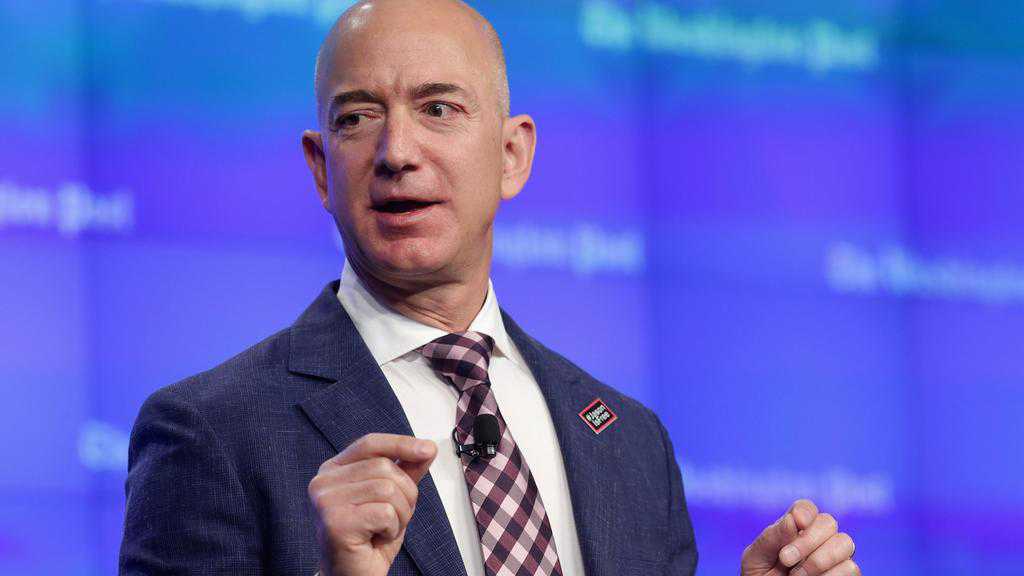Amazon aims to seize larger share of India's $4.3bn food delivery market
28 March, 2021

Competition in India's online foodstuff delivery sector is heating up, with market innovator Zomato planning a public listing this season, while Amazon makes a force to grow it is fledgling restaurant delivery service found in the country to grab a more substantial slice of the pie.
The sector happens to be dominated by Zomato, Jack Ma's Ant Group-backed venture, that was launched in Delhi in 2008. Bangalore-centered Swiggy, which counts Prosus Ventures among its investors, is normally another major player.
“Amazon's entry can have an enormous effect on this sector,” says Nitin Shahi, the executive director of Findoc Financial Solutions.
On the line is greater share of a good fast-growing grocery store, driven by rising smartphone ownership, internet make use of and an expanding middle income.
The size of India's online food delivery industry reached $4.35 billion last year. It really is projected to witness a compound gross annual growth rate of 30.11 per cent over another five years, according to advertise research company Imarc Group.
“It's becoming extremely convenient for folks to order food online,” says Siddhant Bhargava, co-founder of Foodstuff Darzee, a wholesome meal delivery service in India. “It's a great time to be in this market. India's extremely large. I think for another three to four years there's space for every person to grow in this market.”
The meals delivery sector received a further boost following a pandemic, which saw India getting into among the world’s strictest lockdowns.
Despite easing of pandemic-related restrictions, persons avoid eating out and prefer to order food online, as Covid-19 cases continue to rise in the country.
There are a good amount of online food delivery options for them to choose from.
Amazon, which is investing billions of dollars in its e-commerce business in India, joined the fray last year. It launched its foodstuff delivery service called Amazon Meals in May in parts of Bangalore, the country's tech hub.
This month, Amazon expanded its service to 62 pin-codes over the city, with an increase of than 2,500 restaurants and cloud kitchens signing up on its platform. It really is gradually increasing its existence and professionals say the global tech organization is testing waters to check out if the meals delivery sector in India is worth investing into. Amazon finished up shutting down its restaurant delivery support in the US in 2019 after four years of procedures because of limited success.
Amazon has deep pockets and could disrupt the Indian meals delivery business, analysts say.
To get a foothold, the business is charging a delivery cost that's half that of its rivals, while its Prime customers aren't charged for delivery at most.
The move could affect its competitors Zomato and Swiggy, which are both burning cash to keep their market share.
“Both Swiggy and Zomato are currently in losses and with Amazon's entry, their [plans] to be in profits will take a hit,” says Mr Shahi. “With severe competition, the market will consolidate even more in the coming years.”
The food delivery sector in India reaches an early stage of growth and companies need to lose cash to attract customers and build a loyal customer base.
Although profitability still remote, burning cash right now will probably be worth the risk in a country with such an enormous population and a massive room for growth. The potential returns will be significant, analysts say.
“Losing profits at a net-income level is usually acceptable for a while for a start-up given that it is gaining in users and traction,” says Utkarsh Sinha, taking care of director of Bexley Advisors, a Mumbai-based advisory firm. “Amazon’s large [existing] customer base positions it well to have lower consumer acquisition costs ... that will [certainly] ... trickle down to the net-income level.”
Source: www.thenationalnews.com
